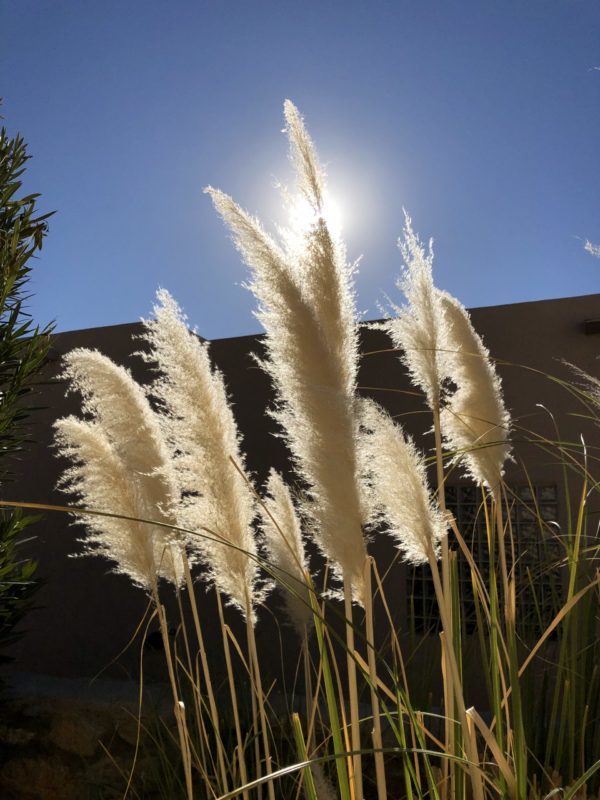I am a Latino Muslim, a product of lessons learned from frequent trips to visit my abuelos in Wyoming, and travels to Pakistan to see my ammi and abbu. I have spent time in a majority-Hispanic school in Las Cruces, New Mexico, and I have lived in the heart of Saudi Arabia. While I was grateful for all that my identity had given me as a child, this gratitude turned to confusion when I entered high school. I knew of no other Muslim students who were both Hispanic and Pakistani. I did not feel fully Pakistani or fully Latino. I grappled with this for years, until I met Dr. B, a faculty member who interviewed me for medical school. Through my relationship with him, I discovered how much of an effect mentorship can have on a person’s life: a single mentor and a single opportunity changed my perception of my identity and career aspirations within medicine.
Dr. B immigrated from Ecuador and grew up in New Jersey. On my interview day, I explained my unique background and how I spent the last eight years trying to discover my own cultural identity. We have kept in touch ever since. He took me under his wing — in the truest form of a mentor — and pushed me to explore my Hispanic identity. He stressed how crucial Hispanic representation was in medicine, especially since we only make up 6% of practicing physicians. This is a stark difference from Hispanics/Latinos making up 19% of America’s population.
Recognizing our values aligned, I eagerly got involved with Dr. B’s non-profit organization, Mentor U (MU). MU serves the predominantly Hispanic and African American Newark, New Jersey community. Because the COVID-19 pandemic had pushed Newark’s schools online, the youth needed supplemental mentorship, tutoring and career guidance.
As I helped organize career-focused sessions to inspire these students to discover their interests, I realized that I felt more of a connection to my identity. Constant engagement with Newark’s Hispanic community made me extremely proud to be Latino. I finally felt a strong connection with an identity and culture I had felt out of touch with for years. It was through this mentorship and community engagement that I was able to fully discover and engage my Latino culture. Dr. B and MU gave me insight into the type of holistic, personable physician I aspire to become. I now understand that I want to be a clinician that engages and mentors underrepresented youth in medicine. Much of my time will be dedicated to community engagement, focusing on increasing Hispanic involvement in medicine. Through community service in which I was helping others discover their identities and passions, I learned so much about myself: specifically, my passion for mentorship and diversifying medicine.
I am fortunate to have experienced excellent mentorship interwoven with community service. These experiences will enable me, as a medical student and future clinician, to serve a more diverse community. A community in which many are in the process of discovering their own identities, just like me.
Access to medical school is already self-selecting for those that can afford the application process and the financial burden that comes with rising medical school tuition. There is also the daunting task of learning both basic science and clinical concepts in medical school. In order to reduce the challenges that come alongside this, individuals in the medical field should become mentors by actively attempting to teach and engage those in their field. Students and young trainees aspiring toward careers in medicine would certainly benefit from this. Active mentorship will help those who wish to become physicians find themselves and their purpose, reducing the challenges associated with a career in medicine. As I continue to discover how much of an impact mentorship has had on me, I am inspired to model this and serve as a mentor throughout every step of my career.
Image credit: Custom artwork by the author for this Mosaic in Medicine piece.

